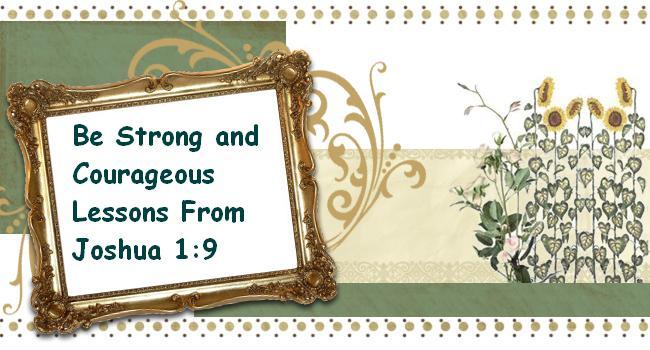Then I saw a great white throne and him who was seated on it. Earth and sky fled from his presence, and there was no place for them. And I saw the dead, great and small, standing before the throne, and books were opened. Another book was opened, which is the book of life. The dead were judged according to what they had done as recorded in the books. The sea gave up the dead that were in it, and death and Hades gave up the dead that were in them, and each person was judged according to what he had done.Then death and Hades were thrown into the lake of fire. The lake of fire is the second death. If anyone’s name was not found written in the book of life, he was thrown into the lake of fire. (Rev. 20:11-15)
The Great White Throne Judgment fits descriptions we have about the Day of Atonement, also called Yom Kippur. It was believed that on the first of Tishri (Rosh Hashanna) the books in which all the deeds of God’s people had been recorded were opened in heaven for review. The names of those whose behavior in the previous year had been exemplary in every way were immediately inscribed in the Book of Life. Those whose behavior had been totally without merit were scheduled for death in the coming year.
Obviously, almost everyone was somewhere in between these two extremes so for the next 10 days, called the days of awe, the people conducted a thorough self examination and went around frantically trying to right the wrongs they had committed during the year, because the forgiveness of God required prior reconciliation between men (Mishneh Torah, Laws of Repentance). On the 10th of Tishri, Yom Kippur, the books were closed and those who had righted the wrongs of the previous year were inscribed in the Book of Life for another year. During the 10 days of awe, a common greeting among friends was, “May your name be written in the Book.”
The difference in Rev. 20:11-15 is the absence of the 10 days of awe. The unsaved dead will be resurrected and immediately taken to judgment without any opportunity to make things right. Anything that was not dealt with before the person died will be there to condemn him or her at the Great White Throne. Therefore only those who died in a state of total righteousness will find their names written in the Book at the resurrection of the unsaved.
Blessings,

No comments:
Post a Comment